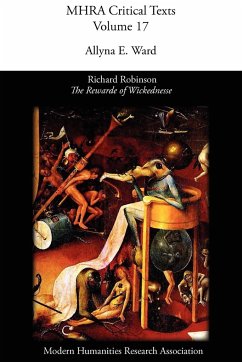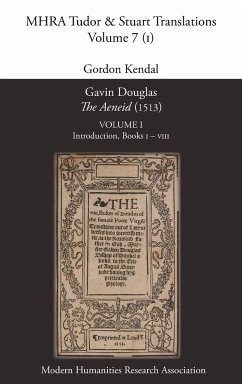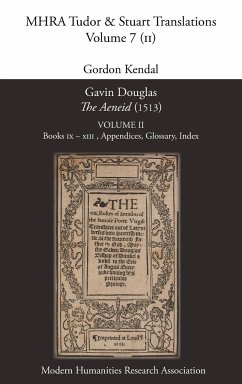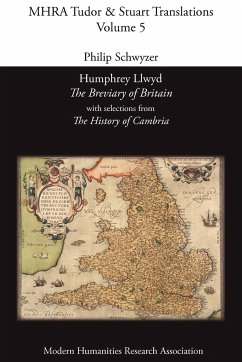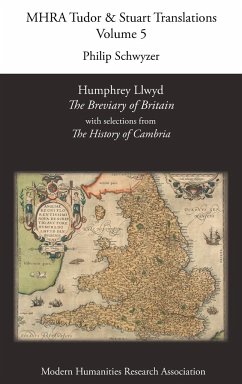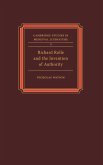Richard Robinson's 'The Rewarde of Wickednesse' (1574) is a quasi-epic poem that imitates the de casibus form of 'A Mirror for Magistrates' and makes a clear indication of the hellish position of the damned. Robinson wrote the poem during the period when his employer, George Talbot, was appointed as the jailer over Elizabeth's cousin Mary Stuart during the period of her imprisonment at Sheffield Castle and Sheffield Manor. The poem is anti-Catholic polemic, but it is not simply an invective against Catholicism; Robinson's work condemns bad moral behaviour but in the context of the dialectical opposition between Catholicism and Protestantism; an opposition that was not clearly demarcated during this period. Robinson's poem 'The Rewarde of Wickednesse' explores the notion that sinful people on earth are influenced by a Hellish force but he emphasises the punishment for sin and makes the link between the damned and Hell. 'The Rewarde of Wickednesse', through its inclusion of different, and sometimes opposing, traditions, faiths and literary formats, reveals an Elizabethan culture rife with the apprehensions concerning salvation and damnation that define early English Protestantism Robinson stages his laments for the sinners in the space of Hell as he and the god Morpheus travel through the underworld witnessing the punishments inflicted on sinners. Allyna E Ward is Assistant Professor of English at Booth College in Winnipeg, Canada where she works on Tudor and Early Modern Literature.
Hinweis: Dieser Artikel kann nur an eine deutsche Lieferadresse ausgeliefert werden.
Hinweis: Dieser Artikel kann nur an eine deutsche Lieferadresse ausgeliefert werden.

